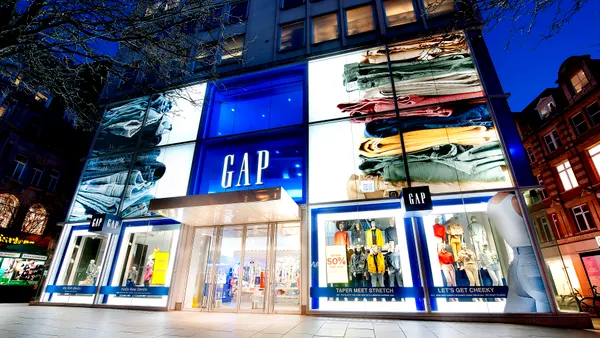Brief:
- Juice Beauty boosted its mobile conversions 2.7x and revenue per visitor (RPV) by 41% after partnering with marketing personalization company Qubit to help smartphone users find products more quickly on a small smartphone screen, according to results shared exclusively with Mobile Marketer.
- Qubit Aura, a product discovery program for mobile browsers, used artificial intelligence (AI) technology to create individualized experiences for Juice Beauty's smartphone shoppers at scale. Product listings were customized in real time to provide another browsing tool for shoppers aside from the common navigation menu and search functions. The automated process aims to save time from personalizing mobile users' experiences manually.
- Jeffrey Grannis, Juice Beauty's director of digital, told Mobile Marketer in an email that the company in the past year has seen an increase in visitors using mobile phones to discover products, and an AI solution redefined how the company looks at the mobile experience.
Insight:
Juice Beauty, a startup that made headlines when actress and entrepreneur Gwyneth Paltrow invested in the company three years ago, is among the brands that are adapting their e-commerce strategies to mobile sales channels. Global mobile commerce sales last year surged 40% last year to $1.36 trillion to make up about 6% of the total retail market, researcher eMarketer estimated. Mobile commerce growth outpaced the 6% gain for total retail sales to $22.6 trillion, which was partly attributed to higher employment and wages.
Many brands have begun to incorporate more sophisticated tools to deliver personalized experiences for mobile users. Juice Beauty's Grannis said the AI-powered platform by Qubit leveraged "recommendations, social proof and context" to do just that.
"In an era where companies like Netflix, Spotify and Instagram are setting customer expectations, we need to think about taking the best parts of those experiences and applying them to ecommerce," he told Mobile Marketer in an email.
While strong growth trends support mobile commerce, the industry still faces a variety of challenges in overcoming the limitations of smaller-screened smartphones that can show fewer products at a time than the larger screens of desktops or laptops. Mobile consumers are more likely to use their smartphones to browse for products, such as price comparisons while in stores, than to make purchases for big-ticket items. The average order value on desktops is $155 while mobile's is $120, Forrester Research found. Smartphone order value is gradually rising at 4% a year, slightly faster than desktop's growth of 3%.
Mobile commerce's annual growth rate is forecast to decline steadily as the market matures. That trend signals that brands and online merchants will have to ramp up efforts to encourage loyalty among existing customers. But adding new shoppers won't be as easy as reconfiguring a website for mobile users or promoting a basic mobile app in Apple's App Store or Google Play. As Juice Beauty found, webpages must become stickier with greater customization designed to appeal more specifically to individual shoppers to keep them coming back to browse and make purchases.












